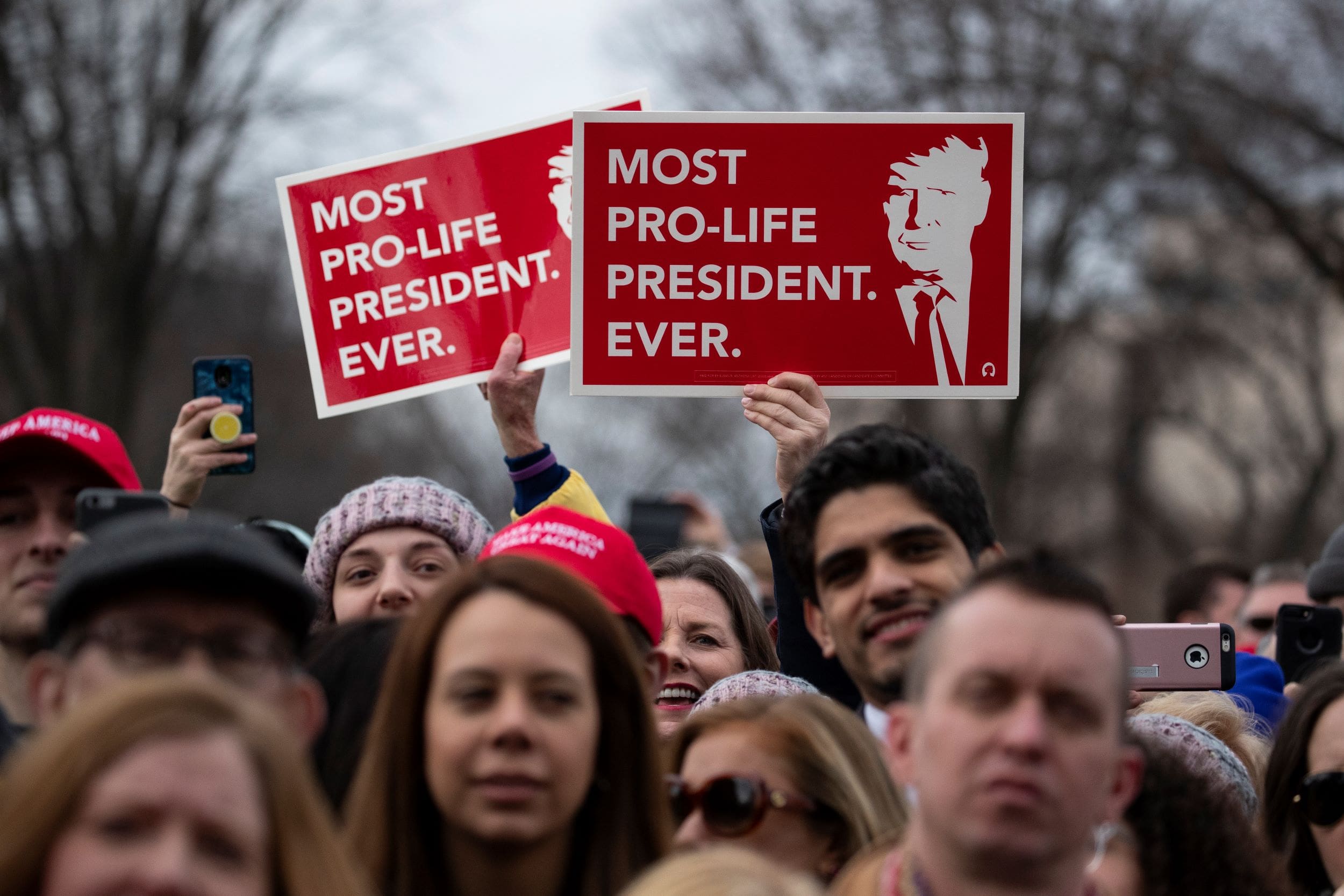Wisconsin public education and child care advocates battle devastating Republican cuts
‘We aren’t talking about politics, we’re talking about kids,’ says Heather DuBois Bourenane, executive director of Wisconsin Public Education Network.

MADISON, WI — Wisconsin’s public schools and child care services took a major hit over a decade ago and have never recovered.
In 2011, Republican Gov. Scott Walker slashed $800 million in funding to public schools and cut the University of Wisconsin’s budget by $250 million.
The result was catastrophic. Cuts resulted in less money for mental health services in schools and kids with disabilities and zero renovation money for crumbling buildings.
Wisconsin Public Education Network executive director Heather DuBois Bourenane told the American Independent Foundation that Walker’s cuts “came with eliminating the right of educators to collectively bargain for anything other than wages, and so that is really our political landscape … you know, tighten the belt even further, because it came with caps on school spending that have been pretty much permanent since then.”
Twelve years later, the Walker-era funding levels have remained in place, even as the state has a $7 billion budget surplus. The issue of government spending played a significant role in the 2022 governor’s race, which pitted incumbent Democratic Gov. Tony Evers against Republican business owner Tim Michels. Evers won reelection, but the Republican majority in the Legislature has continued to block efforts to fund child care facilities, before- and after-school programs, and K-12 public schools.
“Wisconsin has an incredibly inequitable school funding system that’s based on property values and not student needs,” Bourenane said. “The way we do school funding is very wrong. And it’s not fair. And it underserves a lot of kids, especially kids of color, kids who live in poverty, kids with disabilities, and kids who are English language learners.”
The Wisconsin Examiner reported in July, when the surplus was announced, that Evers had vowed to use $2 billion to fund K-12 schools, help Wisconsinites afford child care, and expand health care. The Republican-led Legislature fought Evers over the spending bill tooth and nail.
“We should be using [the surplus money] to reinvest in the kids who are the future and the hope for all of our communities,” Bourenane said. “And if we want Wisconsin to thrive, if we want communities to thrive, all of that depends on thriving public schools.”
This year, Evers used the Wisconsin governor’s partial veto power, which allows them to veto individual items, phrases, and even words and numbers in appropriations bills, to increase public school funding. The former school principal, district school superintendent and state superintendent of public instruction gave public school districts the power to collect an additional $325 per student annually in property taxes for the next 402 years, until 2425. In order to stay on pace with inflation, according to the consumer price index, the funding per student would need to be $75 higher than Evers authorized and be tied to inflation.
Bourenane said that although Evers’ deal with Republicans in the Legislature was probably the best he thought possible under the circumstances, “The alleged compromise that they reached, increasing the revenue limits by $325 a pupil, is just woefully inadequate. … If this is the best you can do when you’re sitting on a $7 billion surplus, shame on everybody.”
Corrine Hendrickson is the owner and operator of Corrine’s Little Explorers Family Child Care in rural New Glarus, Wisconsin. She’s also a leader of Wisconsin Early Childhood Action Needed (WECAN), a network of child care providers and advocates.
Hendrickson has joined Democratic lawmakers in a battle with Republicans in the Legislature to continue financial support measures implemented by the federal government earlier in the COVID-19 pandemic.
With federal programs set to end in January 2024, Hendrickson says, many child care providers will likely close their businesses unless state lawmakers can agree on a budget that includes them. So far, no Republicans have signed on to the bill proposed by Evers to extend the payments.
“Once this funding is gone, we will no longer have that monthly payment. So what is happening, for the most part, is we’re raising our rates, increasing our tuition, and on average it’s 25%. … Parents are already freaking out and saying, I can’t afford it. I’m going to have to quit my job. Parents are already starting to pull children out,” Hendrickson said.
Evers and other Democrats in the state have tried multiple times to continue funding via a program called Child Care Counts. Funding through this program would give eligible providers monthly subsidies to pay staff, increase wages, and cover operational costs. In June, however, Republicans in the Legislature voted to end the funding.
“If we’re not investing in our kids, we’re destroying our future. Even if you don’t have kids, you’re still going to need these children to be the doctors, the lawyers, the mechanics, and the inventors in the future,” Hendrickson said.
During a tour of Beloit College on Oct. 5 focused on the college’s efforts to recruit and train workers for key sectors, including education, Evers told the American Independent Foundation:
The bottom line is, what happens in early childhood is really important as far as what happens in K-12 and life, and we have to support that industry. It’s failing financially in a quick way. We have the money to support them. And if we have child care organizations leaving, closing down, for every kid that it impacts, it impacts a parent who’s going to have to stay home and take care of that child. And we have a shortage of workers in the state; it’ll make that worse. It’ll directly impact our economy.
If the Legislature is unwilling to agree on a spending package for public education in the state soon, Bourenane says, the Wisconsin Public Education Network will likely file a lawsuit overf the constitutionality of the public education spending.
The strategy was successful in Pennsylvania. In February, after nearly a decade of court battles and allegations of severe inequities in public school funding, the Commonwealth Court of Pennsylvania ruled in a lawsuit brought by education advocates against the governor and legislators that the state’s public school funding system was unconstitutional and must be reformed.
“The fact of the matter is, the state Constitution requires us to provide an education for all kids that is as nearly uniform as practicable for all the kids and all the public schools with no sectarian instruction allowed therein,” Bourenane said.
She added:
And the constitutionality of our school funding formula has already been challenged. … So I’m going to hold the state accountable for meeting its charge to our kids and to demand that they stop diverting resources away from that obligation and really do their job. I hope that we can see a challenge to that because if they aren’t going to do it of their own goodwill, then we need to force them to do their jobs.
Published with permission of The American Independent Foundation.




